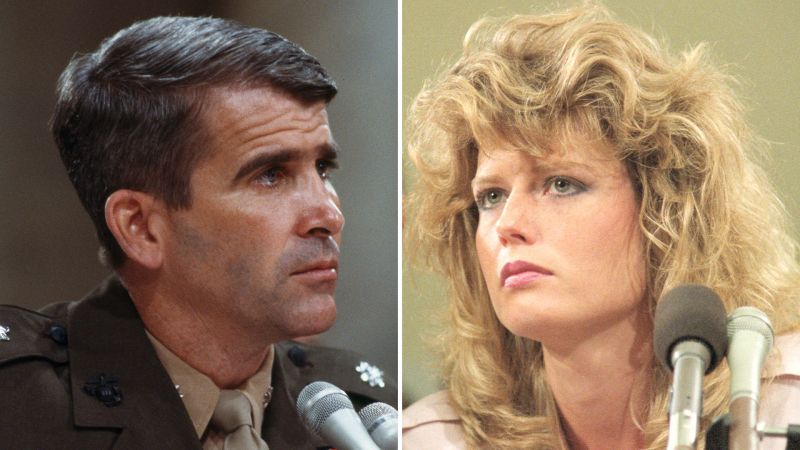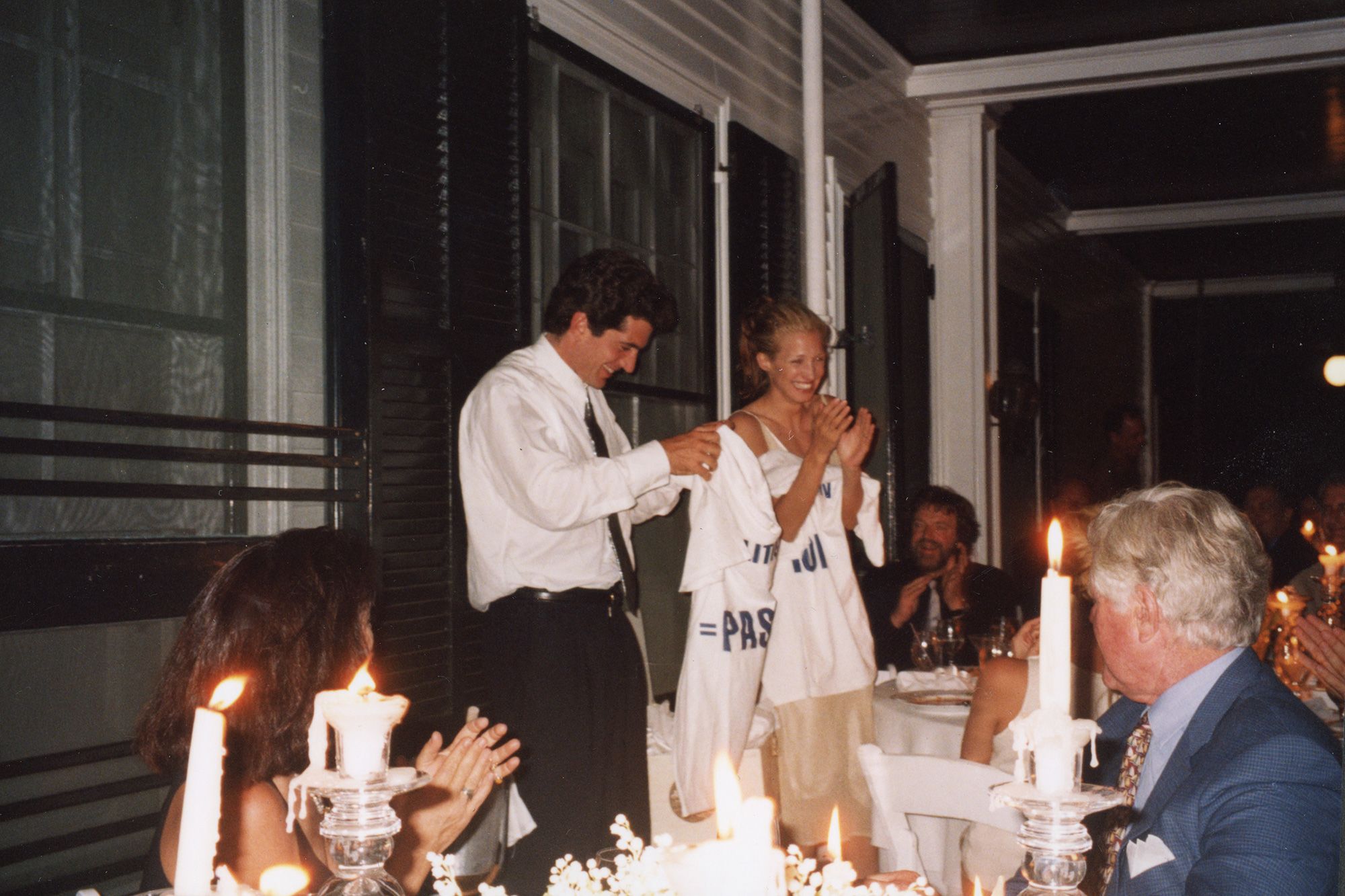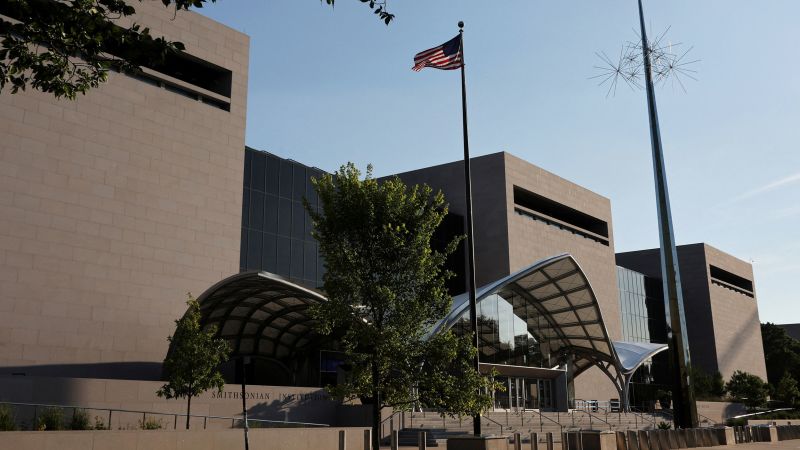
Oliver North's Recent Wedding Reignites Interest in Iran-Contra Scandal
Politics | 9/9/2025
Former Marine Corps officer Oliver North, a central figure in the Iran-Contra scandal that shook American politics in the 1980s, recently wed his former secretary Fawn Hall. The marriage took place discreetly last month, marking an unexpected twist in a story that has lingered in the annals of US political history for decades.
The Iran-Contra scandal, which unfolded during the Reagan administration, involved the covert sale of weapons to Iran in exchange for the release of American hostages, with proceeds funneled to Contra rebels in Nicaragua, despite a congressional ban. North, then a National Security Council aide, played a pivotal role in orchestrating these clandestine operations.
North’s marriage to Hall, who gained notoriety for her role in shredding potentially incriminating documents related to the Iran-Contra affair, has reignited interest in a chapter of American history marked by secrecy and controversy. The union has raised eyebrows among observers familiar with the scandal’s intricate web of deceit, intrigue, and political fallout.
While details surrounding the wedding remain scarce, with both parties maintaining a low profile, the union of North and Hall underscores the enduring fascination with the Iran-Contra scandal and its key players. Historical accounts of the affair often highlight the complex relationships and ethical dilemmas faced by individuals embroiled in a web of covert operations and political maneuvering.
Observers speculate on the implications of North and Hall’s marriage, pondering the personal and professional dynamics that may have influenced their decision to tie the knot after several decades. Amidst renewed interest in the Iran-Contra affair, the wedding serves as a reminder of a tumultuous period in US history, where the actions of a few individuals reverberated through the highest echelons of government and shaped public perceptions of trust and transparency.


